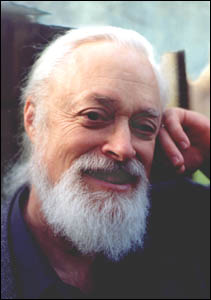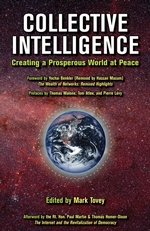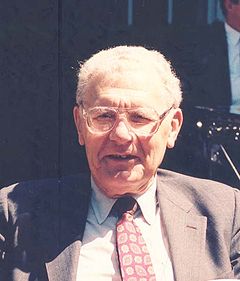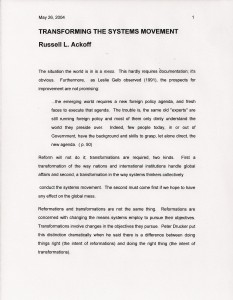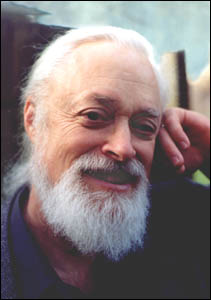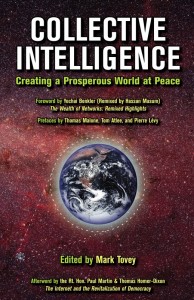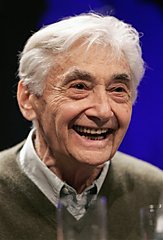
Howard Zinn, an author, teacher and political activist whose leftist “A People's History of the United States” became a million-selling alternative to mainstream texts and a favorite of such celebrities as Bruce Springsteen and Ben Affleck, died Wednesday. He was 87.
Zinn died of a heart attack in Santa Monica, Calif., daughter Myla Kabat-Zinn said. The historian was a resident of Auburndale, Mass.
Published in 1980 with little promotion and a first printing of 5,000, “A People's History” was — fittingly — a people's best-seller, attracting a wide audience through word of mouth and reaching 1 million sales in 2003. Although Zinn was writing for a general readership, his book was taught in high schools and colleges throughout the country, and numerous companion editions were published, including “Voices of a People's History,” a volume for young people and a graphic novel
Phi Peta Iota: Click on the photo for the full story. We take exception to the labeling of Howard Zinn as “left wing.” He was neither left nor right, he was honest, and that is not something one can say about either of the two political parties that exclude half the eligible voters from the process and that loot the treasury on behalf of special interests. It is truly a terrible indictment of society when truth-tellers are labeled in any manner
Fedor Dostoevsky: A man who lies to himself, and believes his own lies, becomes unable to recognize truth, either in himself or in anyone else.
See also:
Continue reading “Rememberance: ‘People's History' Author Howard Zinn Dies at 87”

